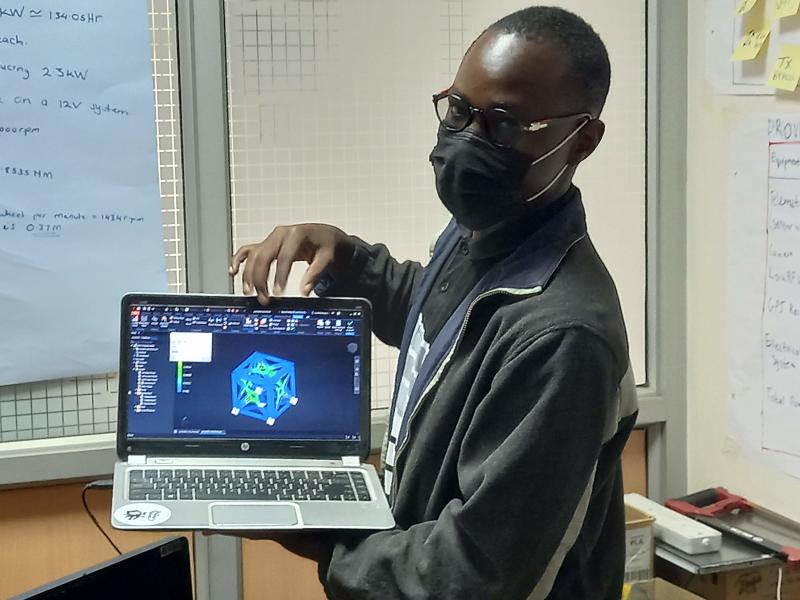×
The Standard e-Paper
Kenya’s Boldest Voice

In the last two weeks, millions watched as billionaire businessmen Richard Branson and Jeff Bezos blasted their way into space.
Among those watching the developments were eight Kenyatta University students who, if all goes to plan, intend to launch a satellite into space this August.







